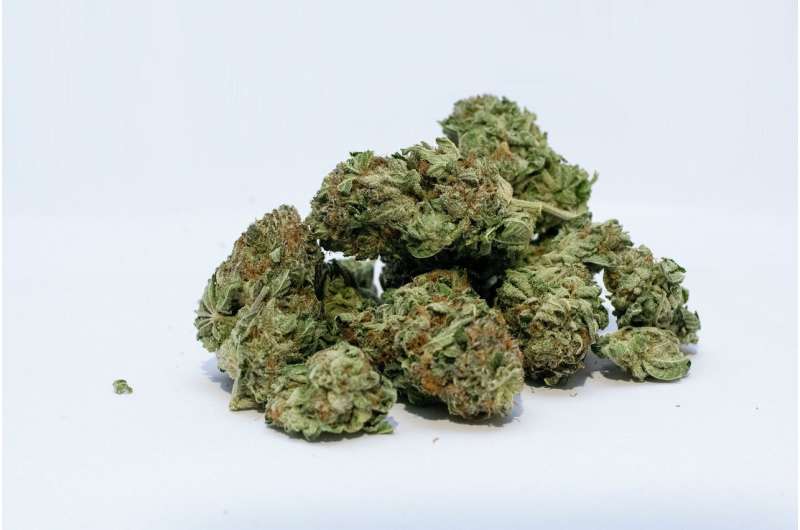Impact of Plant-Based Molecules on the Effectiveness of Cancer Treatments

Emerging research reveals that small molecules in plant-based foods processed by gut bacteria can reduce the effectiveness of cancer drugs by accelerating their clearance, highlighting the role of diet and microbiome in treatment outcomes.
Recent research from Ludwig Cancer Research has highlighted an unexpected factor influencing the success of cancer therapies: diet, specifically the small molecules found in plant-based foods. The study reveals that these molecules, when processed by gut bacteria, can trigger liver enzymes that accelerate the breakdown of certain anti-cancer drugs, such as PI3 kinase (PI3K) inhibitors. This rapid drug clearance diminishes the drugs' ability to effectively combat tumors in preclinical mouse models.
Led by researchers Asael Roichman and Joshua Rabinowitz, the study explores why some cancer drugs do not provide consistent benefits across all patients. It was discovered that the molecular complexity of the diet—particularly the presence of phytochemicals in whole foods like legumes and soy—plays a crucial role. Gut bacteria metabolize compounds like soyasaponins into substances that induce liver enzymes responsible for drug metabolism. Consequently, diets rich in processed foods lacking these phytochemicals do not activate these enzymes, resulting in prolonged drug activity and enhanced efficacy.
Interestingly, the findings challenge previous assumptions that carbohydrate, fat, blood sugar, and insulin levels primarily influence therapy outcomes. Instead, the complexity of the diet and microbial interactions are key factors. In experiments, mice on high-carbohydrate diets with abundant phytochemicals showed faster drug clearance, whereas antibiotic treatment that reduced microbiome activity improved drug effectiveness.
The implications for human cancer treatment are significant. The research suggests that dietary habits and gut microbiome composition could impact drug metabolism and treatment success. Future strategies might involve analyzing patient microbiomes, adjusting diets, or using pharmaceutical interventions to optimize drug efficacy. This study underscores the importance of considering diet-microbiome interactions in personalized cancer therapy.
Published in the journal Cell, this research opens new avenues for enhancing cancer treatment by integrating nutritional and microbiome insights into clinical practice.
Stay Updated with Mia's Feed
Get the latest health & wellness insights delivered straight to your inbox.
Related Articles
Impact of Marijuana Legalization on Traditional Prescription Drug Use
Research reveals that recreational cannabis legalization has led to a significant reduction in prescription drug claims in small insurance markets, highlighting shifting healthcare patterns.
Global Variations in End-of-Life Care for ALS Patients: A Cross-Cultural Perspective
A cross-cultural study reveals significant international differences in how physicians approach life support decisions for ALS patients, influenced by cultural norms and healthcare systems. Learn about the diverse ethical and practical considerations shaping end-of-life care worldwide.
Green-Mediterranean Diet Linked to Slowing Brain Aging
A green-Mediterranean diet including green tea and Mankai may help slow down brain aging, potentially preserving cognitive health over time. Learn about this groundbreaking study and its implications for healthy aging.



